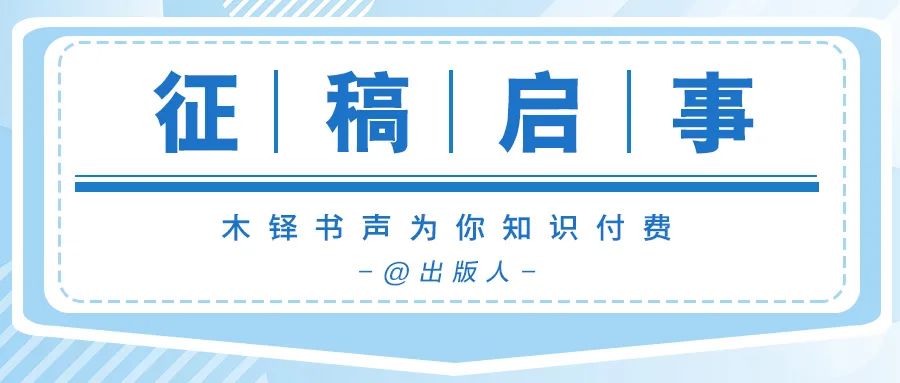Unit丨China Railway Publishing House Co., Ltd.

Compilation manuscripts usually involve a large amount of information integration, content screening, and knowledge sorting. The editing process requires editors to be meticulous and also possess certain professional knowledge and logical construction abilities. This article shares experiences using the “Compilation of Adaptive Regulations and Standards for Safety and Environmental Management along Railways” (hereinafter referred to as “Regulations and Standards Compilation”) as an example.
The “Regulations and Standards Compilation” is a highly specialized manuscript. As a cross-disciplinary editor, I lack sufficient professional knowledge and practical experience. Effectively editing and processing this manuscript to ensure its professionalism and accuracy is undoubtedly a severe challenge for me.

Understanding the Theme and Compilation Purpose of the Manuscript
First, it is essential to deeply understand the theme and compilation purpose of the manuscript, to know the target audience, usage scenarios, and the expected outcomes. Selecting the most appropriate and authoritative information sources is crucial to ensure the accuracy and timeliness of the manuscript.
The purpose of publishing the “Regulations and Standards Compilation” is to promote the in-depth development of safety and environmental management work along railways, facilitating the learning and mastery of the latest railway safety and environmental regulations and standards by a wide range of cadres and employees, thereby improving the safety assurance capability and level of railway enterprises regarding the external environment.
Therefore, during the editing process, it is necessary to remain highly vigilant to ensure that the selected content is directly related to the safety and environmental management work along railways. It is particularly important that the selected content is the latest to guarantee the practical and authoritative nature of the compilation manuscript.
(1) During the processing of the manuscript, I found that some selected clauses had been replaced by new versions or were no longer applicable.
In response to this situation, I promptly communicated with the author to negotiate replacing the old content with the latest regulations and standards.
Example 1
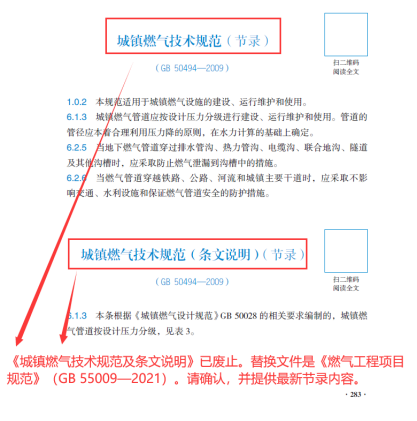
Example 2: “Fire Protection Standards for Engineering Design in Fine Chemical Enterprises (Excerpt)”
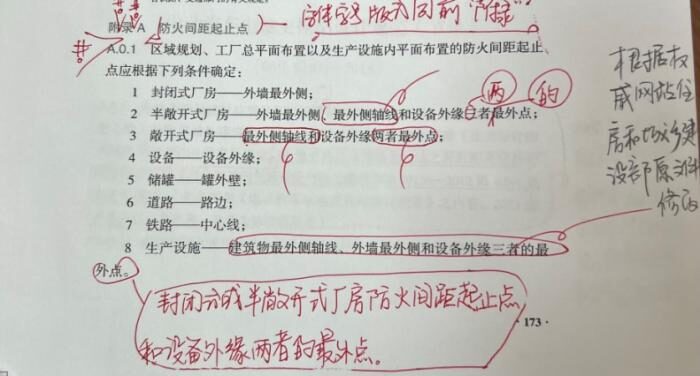
Example 3
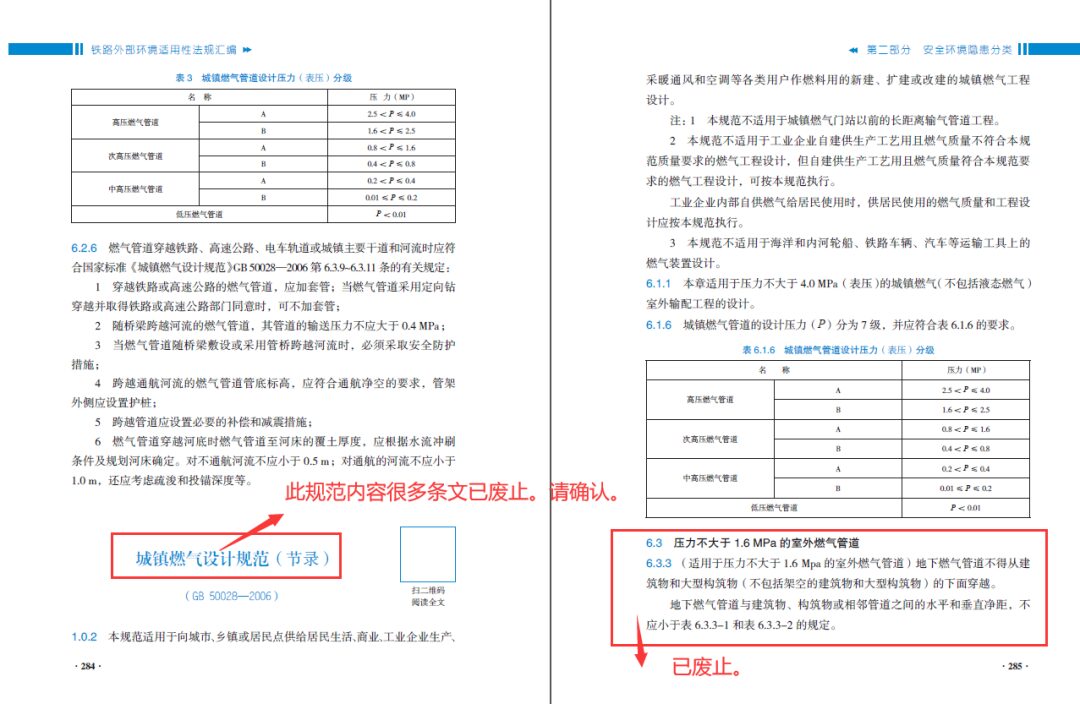
(2) During the review of the manuscript, I noticed that some selected clauses did not match their original sources. This requires careful verification and communication with the author or relevant experts to ensure that all information is accurate and to make appropriate adjustments to maintain the consistency and reliability of the compilation manuscript.
Example
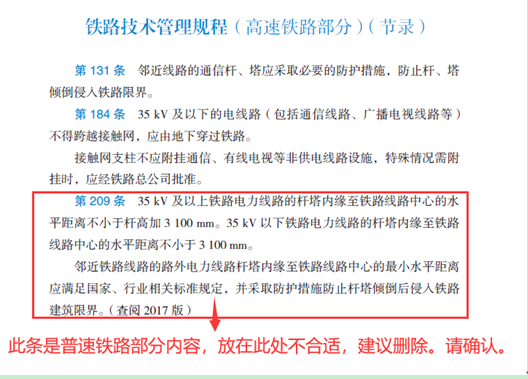
(3) When editing the manuscript, I strictly selected those norms and standards that have been officially published and have legal effect, ensuring that the selected content is formal texts issued and confirmed by authoritative institutions. I excluded all drafts or unofficial documents to maintain the formality and authority of the compilation content, ensuring that readers can trust the information provided by this book and use it as an accurate guide for safety and environmental management work along railways.
Example
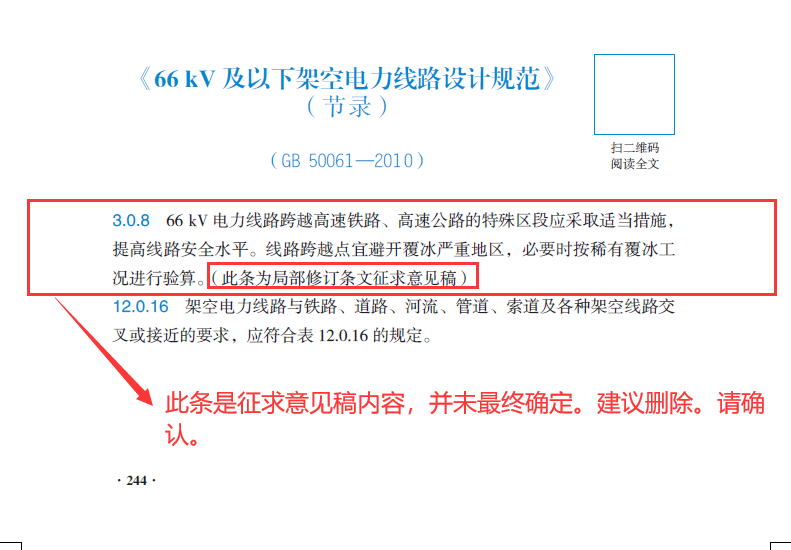

Unifying the Standards and Formats of the Manuscript
To ensure the consistency and professionalism of the compilation manuscript, editors need to establish unified standards and format specifications, including data presentation, citation formats, etc., and apply them throughout the manuscript.
The content of the “Regulations and Standards Compilation” is quite extensive, systematically sorting out the current laws, regulations, departmental rules, national and industry standards related to safety and environmental management work along railways in China. Apart from the general part, the safety and environmental hazards are divided into 12 categories, with each category listing all related laws, administrative regulations, departmental rules, national standards, industry standards, etc.
In addition, for further reading, corresponding QR codes need to be provided for readers to scan for more information. Therefore, the uniformity of the manuscript becomes a top priority.
(1) Paying Attention to Copyright and Legality
During the compilation process, it is essential to respect copyright and legally use various materials. For content that requires authorization, it is necessary to obtain authorization in a timely manner to avoid copyright disputes.
Based on ensuring that the selected content does not involve copyright issues, I began to organize the documents that needed QR codes. At the same time, to ensure the accuracy and timeliness of the information, I downloaded the latest legal texts issued from the official website of the National People’s Congress and collected the latest versions of standards from official authoritative websites such as urban construction.
Once this preparation was completed, I handed the materials over to a professional typesetting company for entry and formatting. During the editing process, these latest materials also served as verification tools to ensure the consistency of the selected content with the original sources.
(2) Following Norms and Unifying Principles
An important principle throughout the editing and processing is norm and unity.
Faced with the challenge of efficiently entering and formatting the original content of QR code files in a unified layout, I found a valuable resource called Jianbiao Library through extensive online searching. Although the website does not provide a complete download service for normative standards, it supports single-page copying and pasting, which made it possible for me to manually organize files. Thus, I began this time-consuming manual operation.
After organizing the relevant files, to ensure the accuracy of the entered content, I carefully reviewed each document. Although this work was repetitive and time-consuming, with a week of patience and meticulous effort, I converted most of the available files into Word documents.
Submitting in Word format to the typesetting company not only significantly improved formatting efficiency but also greatly reduced formatting errors. For those files that could not be obtained in Word format, I entrusted the typesetting company to enter and format them by scanning the original text.
While the entire process was labor-intensive, it ultimately proved to be solid foundational work that laid a strong groundwork for improving the efficiency of subsequent workflows.

Careful Proofreading and Revision
Compilation manuscripts often require multiple rounds of proofreading and revision to eliminate typographical errors, grammatical mistakes, and factual inaccuracies, ensuring the quality of the manuscript.
After completing the editing process for the main text of the “Regulations and Standards Compilation,” I shifted my focus to integrating the QR code files. This part of the work has no shortcuts and requires grounded, diligent effort.
To ensure the consistency of the layout of all files, I asked the typesetting company to re-enter all tables and formulas and redraw most images.
During this process, a significant challenge arose: ensuring the absolute accuracy of the entered content. To address this issue, in addition to arranging three rounds of professional proofreading, I personally participated in the proofreading work to achieve impeccable accuracy.
After about five months, I finally completed the editing work for 86 QR code files, processing a total of 4638 pages with over 4 million words; the image below is just a part of the manuscript.
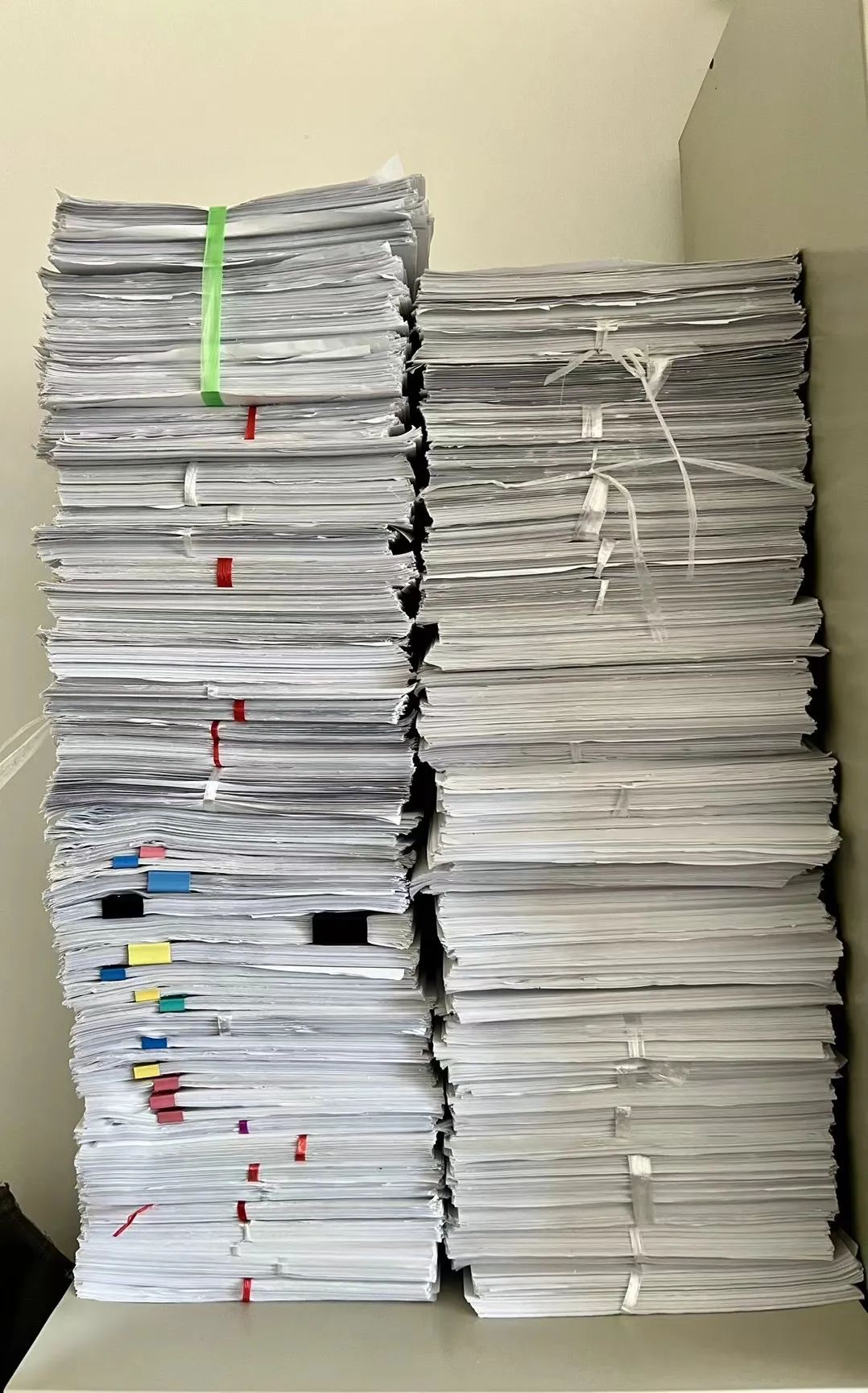

Attention to Communication and Collaboration
Editing is not an isolated task; effective communication and teamwork can provide a more comprehensive perspective, thereby improving the quality of the compilation manuscript.
Given that the “Regulations and Standards Compilation” manuscript belongs to a specialized field, I have not yet gained in-depth understanding of many professional terms and data in this industry. Therefore, my only basis was the original file content downloaded from authoritative websites.
However, during the editing process, I noticed that there were multiple ambiguities in the manuscript’s expressions compared to the original files. For example, in the “Blasting Safety Regulations,” Article 5.3.4 states “3 persons” in the expert-provided manuscript, but the original text states “2 persons.” Therefore, I began searching online, although the search standards were based on image format files for quick confirmation, the actual search results showed multiple versions of the original text online that could not refute each other.
In adherence to the principle that regulatory standards must be accurate, I sought help from experts responsible for that section and communicated multiple times, but the experts could not confirm it from a professional perspective. In this case, I had to confirm with the document’s drafter. Ultimately, the relevant expressions were finalized only after confirmation from the expert who drafted the document at the China Explosive Industry Association.
There were many similar issues, and I communicated with relevant experts for timely communication and final confirmation, ensuring the quality of the manuscript with a rigorous attitude and standardized expressions.
Through editing the “Regulations and Standards Compilation,” I deeply feel that editing work requires continuous learning and self-improvement. Editing compilation manuscripts is a highly comprehensive task that not only requires editors to have a solid foundation of professional knowledge but also demands strong logical thinking abilities, meticulous work attitudes, and efficient work capabilities. Continuously improving business skills through practice is the only way to better complete the editing tasks of compilation manuscripts.

Typesetting丨 Zhang Yao
Proofreading丨 Yang Li Qi Lin
Operation丨 Xia Guoqiang Wei Tong
Final Review丨 Zhao Yushan
More Topic Questions
Up[Scholar Q&A]Mini Program
Query Sharing
(If the page is slow, please click refresh multiple times)

